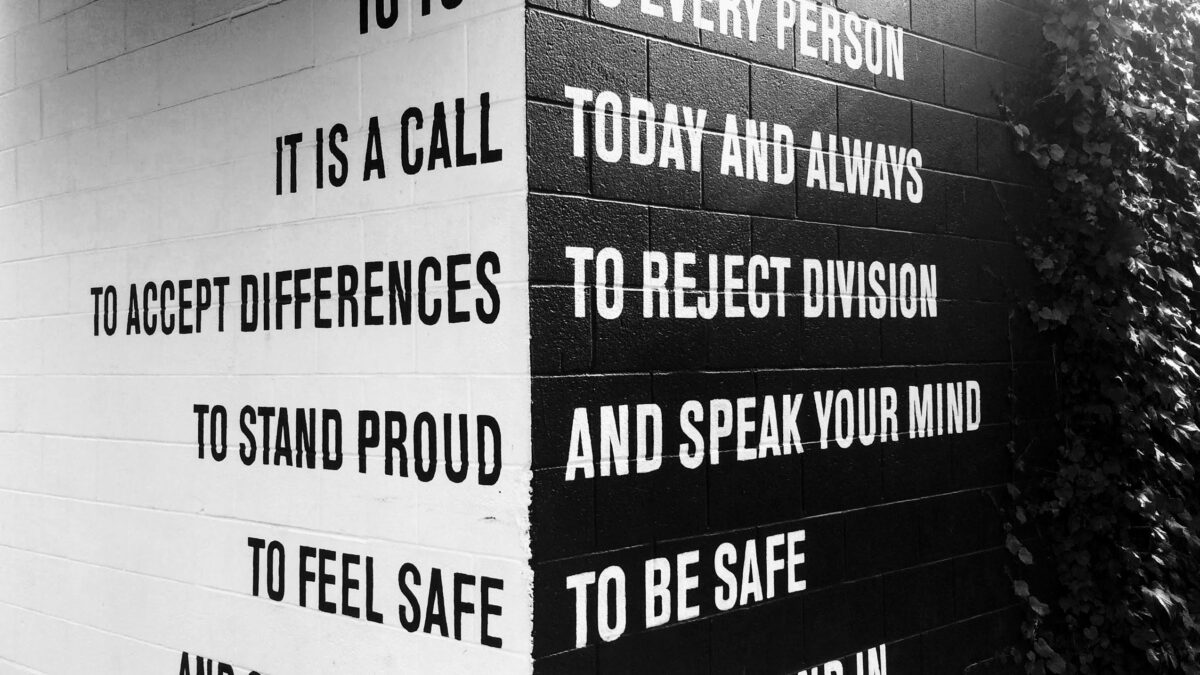“Living Our UU Principles” Sept. 24, 2021

Since we've been doing a series of Sunday services on our 8 UU principles, I thought I'd use this column to give a few examples of how they influence me in my personal life. The one I'm thinking about is "acceptance of one another and encouragement to spiritual growth in our congregations" (the 3rd UU principle). When I gave my sermon on this one, I mentioned that it includes a paradox: accepting someone means taking them just as they are, no change necessary; but encouragement to spiritual growth means facilitating their change (growth is, after all, change!).
Here's an example of how the two came together for me, years ago. I was at a UUA General Assembly, and I had agreed to staff the UUCF (UU Christian Fellowship) booth in the exhibit hall for a few hours. One of the GA attendees asked me, "Why would a Christian want to be a UU?"
I took offense at her question and told her I thought that was not a very accepting attitude, and that a UU Christian might feel excluded by such a question. She looked a little surprised and then said, "You misunderstood. I don't mean that we shouldn't have UU Christians. I'm really glad we have them. I just don't understand what they see in the rest of us."
You see, this woman wasn't disparaging Christians--if anything, she was disparaging herself and other UU's. Here I thought she was being intolerant--but it turns out that, if anyone was, it was me! I was trying to "encourage her to spiritual growth" without accepting (let alone understanding) who she was and what she was asking. It occurred to me then that what I hear is not always what is said. And the problem here is that, without understanding, it's not possible to accept; and without accepting, it's not possible to encourage growth!
Incidentally, for those of you who might be wondering why it is that some Christians might decide to be Unitarian Universalists, someone from my previous congregation gave me an answer I've never forgotten. He said, "I believe in God, and I am a Christian. But I want my church to be a welcoming place for people who don't believe as I do. In other words, the best way for me to be on my Christian journey...is to be with people who are on different journeys; that makes me a better Christian than I would otherwise be."
That response reminded me of a woman I met who was thinking of joining a UU church and kept asking about our views on gay people. I thought maybe she was gay herself. Turns out, she wasn't gay, but her son was. And although her son no longer lived in the area, she still wanted to make sure that any church she joined would welcome him as he is, in case he happened to visit someday.
Folks, I don't know about you, but I too want to be part of a church where not everyone lives and believes exactly the same way. (Our UU forebear, Ralph Waldo Emerson, once put it this way: "If two people think exactly alike, one of them isn't thinking.") With our shared values--of love, acceptance, and treating others as we wish to be treated--we have much more in common than any creed could give us. (Or, as our UU forebear Hosea Ballou [the "father" of Universalism"] once put it: "If we agree in love, there is no dispute that can do us any injury; but if we do not, no other agreement can do us any good.")
Love is the "doctrine" of this church, folks. And, because we may love in different ways, love will always include a bit of...
peace and unrest,
tony



